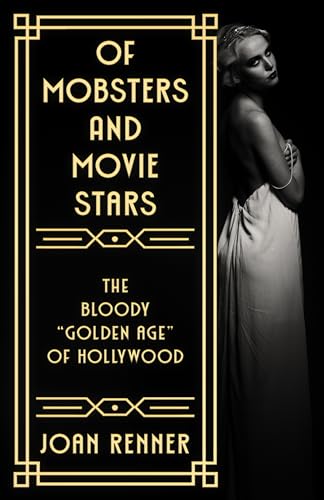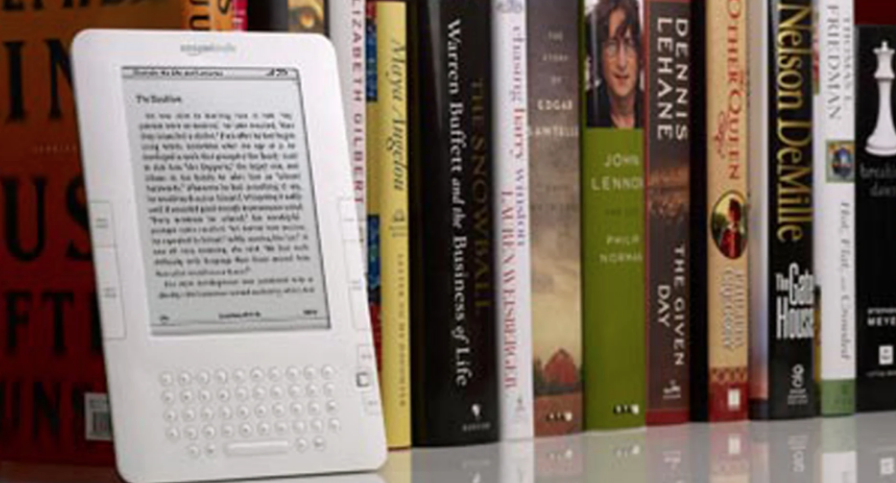Great book deals and freebies sent straight to your email daily: Subscribe to BookGorilla—it’s free!
The New Statesman: Inside the rise of influencer publishing.
“We live in a world where everyone is a brand,” said Laura McNeill, a literary agent at Gleam Titles, which was set up by Abigail Bergstrom in 2016 as the literary arm of the influencer management and marketing company Gleam. Many of the UK’s biggest selling books of the last few years, from feminist illustrator Florence Given’s Women Don’t Owe You Pretty to Instagram cleaning phenomenon Mrs Hinch’s Hinch Yourself Happy, have been developed at the agency, and then sold for huge sums to traditional publishing houses.
Celebrity autobiographies and commercial non-fiction have existed for a long time. Gleam Titles’ modus operandi is more specific: it has a focus on “writers who are using social media and the online space to share their content in a creative and effective way”. The term “author”, for the clients with which McNeill and her colleagues work, may be just one part of a multi-hyphen career that also includes “Instagrammer”, “podcaster” or “business founder”. These authors – whose books will become part of their brands – therefore require a different kind of management to traditional literary writers. “I do think the move to having talent agencies with in-house literary departments comes from these sorts of talents being a bit more demanding,” McNeill said. “I don’t want to come across as if those clients are difficult. But they are different.”
The biggest draw for publishers bidding for books by influencers is that they have committed audiences ready and waiting. Gleam understands the importance of these figures: on its website, it lists authors’ Instagram and Twitter followings beneath their biographies. When publisher Fenella Bates acquired the rights for Hinch Yourself Happy in December 2018, she noted Sophie Hinchcliffe’s impressively quick rise on Instagram, having grown her following from 1,000 to 1.4 million in just six months. Upon publication in April 2019, the book sold 160,302 copies in three days, becoming the second fastest-selling non-fiction title in the UK (after the “slimming” recipe book Pinch of Nom).
Read full post on The Statesman














